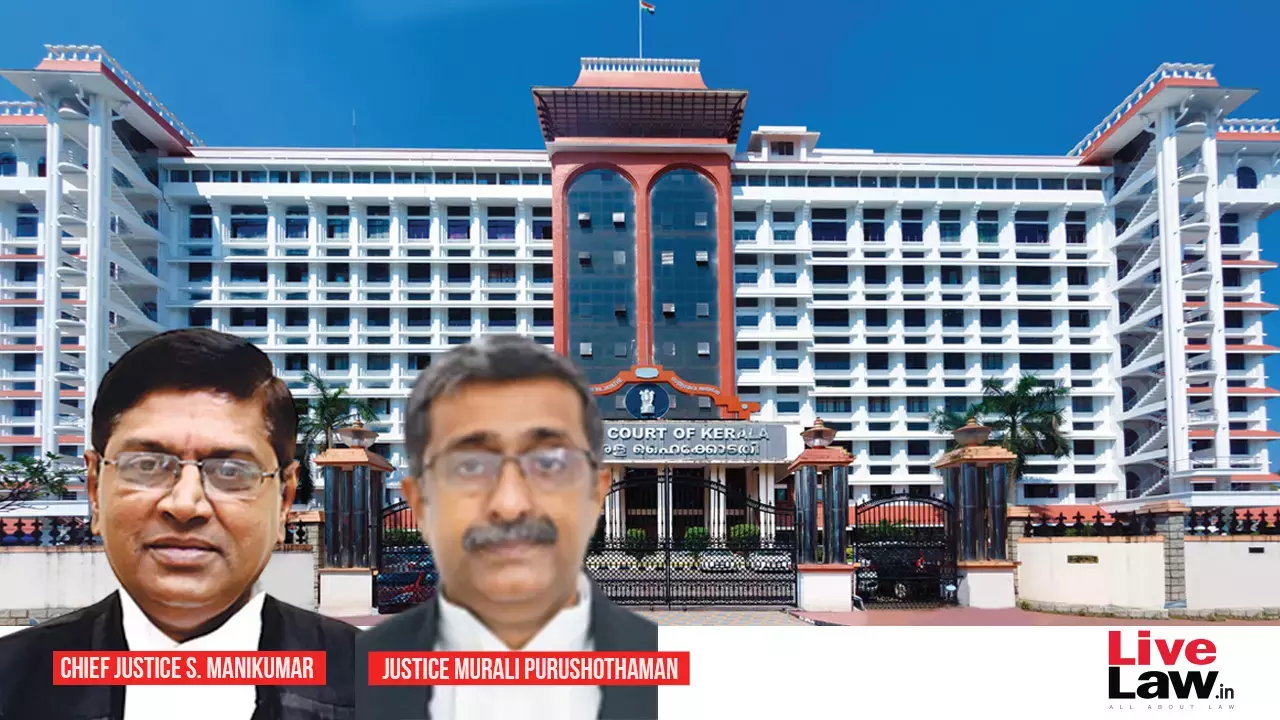State Human Rights Commission Vested With Jurisdiction To Order Compensation For Human Rights Violations: Kerala High Court
Navya Benny
20 Feb 2023 10:45 AM IST

Next Story
20 Feb 2023 10:45 AM IST
The Kerala High Court recently held that the State Human Rights Commission has jurisdiction to direct payment of compensation for human right violationsThe Division Bench comprising Chief Justice S. Manikumar and Justice Murali Purushothaman passed the order in a case where a street vendor had been evicted by the Kottayam Municipality in a discriminatory manner, and without issuance of...
